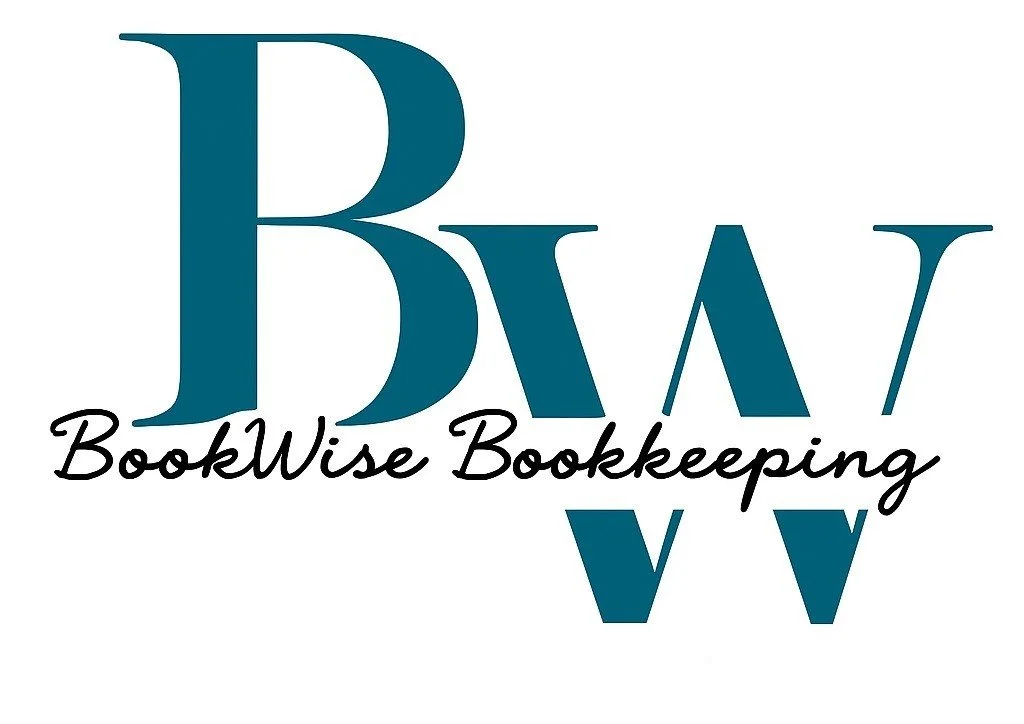A Simple Year-End Financial Checklist for Small Businesses
Year-end bookkeeping doesn’t have to be overwhelming. A few key steps now can save you hours in January and set you up for a calm, organized tax season.
Year-end bookkeeping doesn’t have to be overwhelming. A few key steps now can save you hours in January and set you up for a calm, organized tax season.
1. Reconcile your accounts
Match your bank, credit card, and payment processor balances to your bookkeeping records through October or November. Reconciliations catch missing or duplicate transactions before they snowball into messy reports.
2. Review income and expenses
Look for misclassified or inconsistent entries. Subscriptions, software, or advertising costs often get lumped into “miscellaneous.” Cleaning those up helps your reports actually reflect how you run your business.
3. Verify accounts receivable and payable
Make sure your open invoices and unpaid bills are accurate. Follow up on what’s overdue and confirm what’s already been paid. Clear records here prevent confusion when your accountant starts asking questions in February.
4. Back up your data
If you’re using QuickBooks Online, export a backup copy and store it securely. Cloud software is reliable — but having your own backup gives peace of mind.
5. Schedule a professional review
Even if you handle your own books, a year-end review with a professional can catch errors and ensure everything lines up before tax prep begins.
Getting your books current now is the easiest way to reduce stress and start 2026 confident, organized, and ready for growth.
Schedule a call to review your setup and finish the year strong.
BookWise Bookkeeping
Phone 314-325-2478
info@bookwisestl.com

